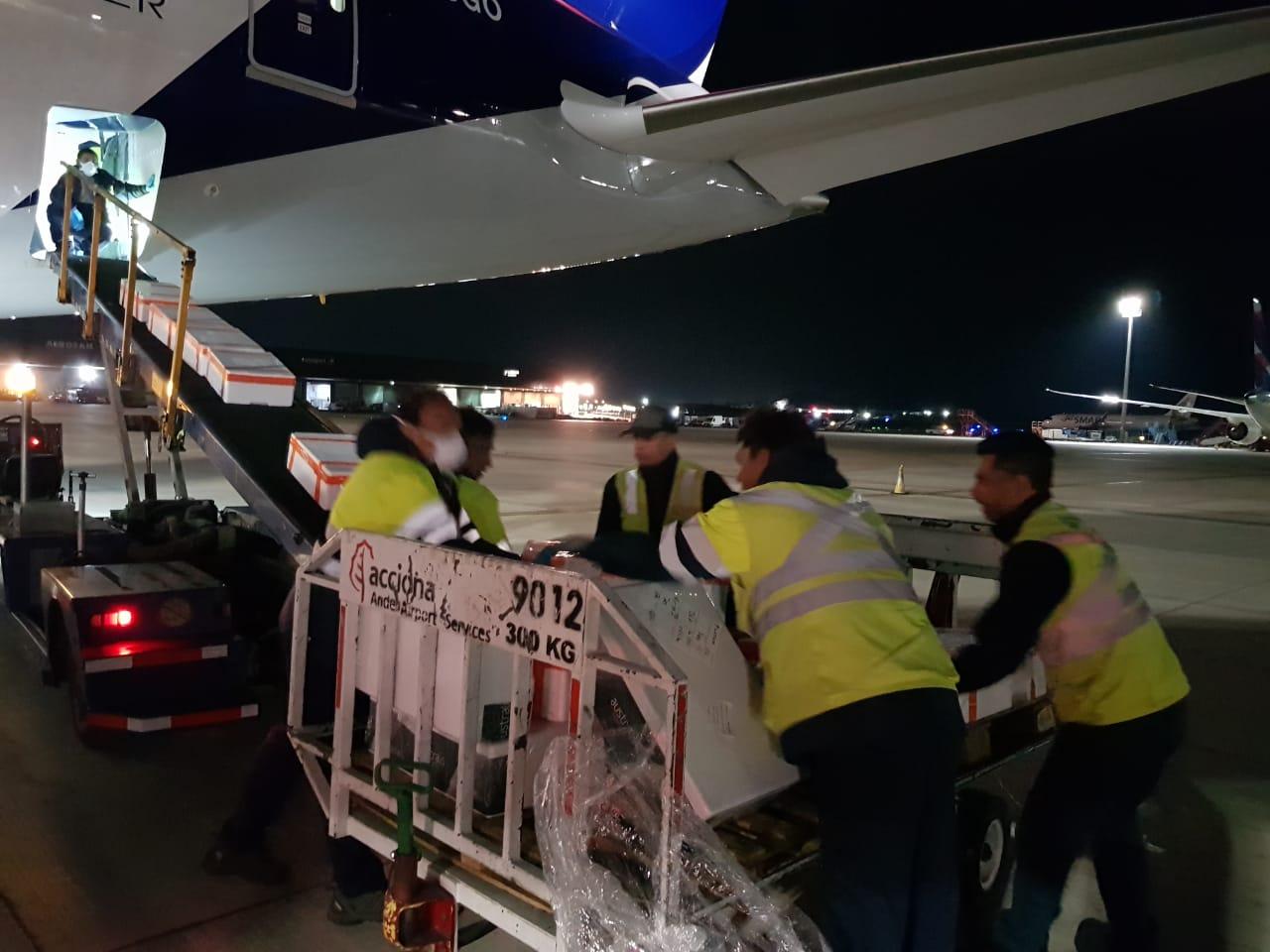EDITORIAL: In this crisis, air cargo operators must be seen as emergency responders

Another fast-changing aspect of the COVID-19 pandemic related to the air transport industry is the criticality of air cargo and how some state-mandated curfews are having the unintended consequences of risking lives.
This pandemic is unlike other recent humanitarian crises in many ways. Events like earthquakes and hurricanes are regional; they do not prompt global curfews and usually do not require even local quarantines. Governments, meanwhile, typically expedite air charter permit requests so that passenger planes can be rapidly transformed into freighters for the purpose of delivering urgently needed medical, equipment and food supplies to the disaster site.
That emergency supply chain is needed more than ever now, urgently and to many places. But states have not necessarily been as quick to understand what this requires and to make exemptions for air cargo operators. As examples, IATA head of global cargo Glyn Hughes said today that when Djibouti and Somalia issued full border closures, those included cargo carriers. Both countries later lifted restrictions on airfreight once they realized they were cutting off critical supplies to their citizens. Even more concerning, India, which produces the majority of fever-reducing medicines, now has a total curfew. Freight ground handlers have not been permitted to go to the airports where they work.
It is understandable and right that states take actions to protect their citizens, but protection in this crisis also means keeping the air cargo supply chain open. IATA, ICAO and others in this industry are working hard to communicate this, but responses are still not quick enough in some places.
Governments must prioritize the issuing of airfreight charter permits to rapidly expand the availability of air cargo space, which has been slashed as passenger aircraft, with their own cargo bellies, are grounded. And they must ensure that the entire airfreight system can remain operable and safe for ground handlers and flight crews. Flight crews, in particular, should be provided with safe harbor at their destination points and guarantees of being allowed to return home. In short, they should be treated as emergency responders.
The global air cargo system is on the very front lines of this crisis. It must be allowed to continue to save lives.
